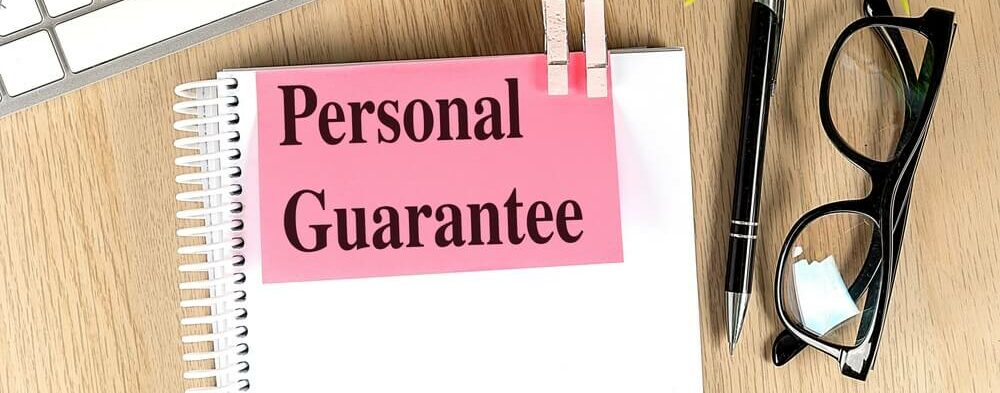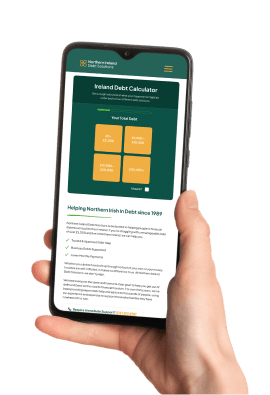A debt collection agency has threatened to take court action against me. What can I do?
If your creditor has passed recovery of a debt to a debt collection agency, and court action has been threatened, you still have a number of options available to you depending on your overall debt situation.
Court action will initially involve a claim being made against you, and an application for a money judgment to the court. If granted, the judgment isn’t automatically enforceable by the court – the debt collection agency will need to apply to the Enforcement of Judgment Office (EJO) to actually recover the money.
So what are your options in this situation?

Seek professional assistance
Dealing with this type of legal action is extremely stressful, and you need professional input from a debt charity or licensed insolvency practitioner to ensure you make the right decisions.
Northern Ireland Debt Solutions exists to help residents of Northern Ireland who are in debt. Your next step depends on your level and type of debt – our team of licensed insolvency practitioners can provide reliable guidance on how to proceed.
Negotiate with the debt collection agency
It’s never too late to attempt negotiations with your creditor, if appropriate, or the debt collection agency if the debt has been sold on to them. Reaching an agreement reduces the debt collection agency costs in recovering debt through the courts, and they may be open to negotiations for a new payment plan.
Debt Management Plan (DMP)
If you’re struggling to keep up with payments on several unsecured debts, a debt management plan can provide the structure you need to regain control. It’s an unofficial arrangement whereby a single monthly payment is made to the plan administrator, and your debts are repaid in full over a longer period of time.
DMPs can be administered by a licensed insolvency practitioner, or bodies such as debt charities, for example, with each payment being distributed to creditors according to the agreement. Because it’s not legally-binding, however, there’s a possibility that creditors could still take legal action against you in the future.
Individual Voluntary Arrangement (IVA)
An IVA is a formal debt solution that involves repaying creditors over a period of five to six years. Any debt remaining at the end of this term is written off, allowing you to start afresh financially. The fact that it’s legally binding means that no court action can be taken as long as you meet all the terms and conditions.
Bankruptcy
Bankruptcy is clearly not the ideal solution for anyone, but under certain circumstances it can be the best way to become debt-free and allow you to start afresh without a huge burden of debt or threat of legal action.
We can help you decide on the best option if a debt collection agency is threatening you with legal action. We’ll support you when communicating with them, and will quickly undertake negotiations on your behalf if necessary, prior to legal action commencing. Call Northern Ireland Debt Solutions for immediate help and advice .
Browse more topics related to this article
Get Started – Contact The Team Today
Ready to take the first step to a brighter future? Contact Northern Ireland Debt Solutions today to understand your next steps.





